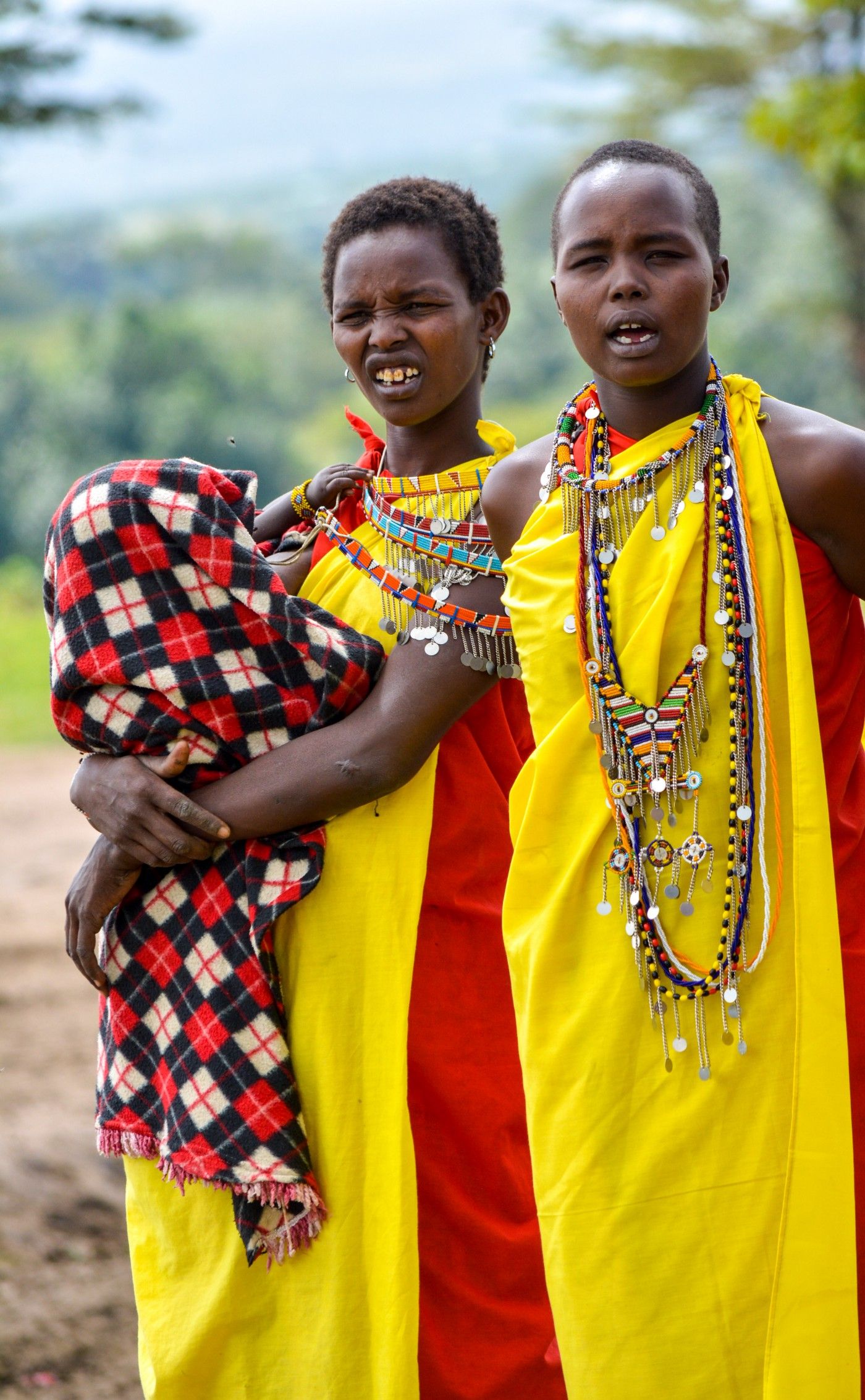And lives were changed
The very first time I landed in Arusha, Tanzania, my safari operator Ben Jennings, E-Trip Africa’s Director, met me at the airport. The first stop we made was at the then six-year-old Shanga House for coffee. I remember buying some very brightly-colored bandannas, which I still have. I didn’t know it at the time, but I would be returning to Shanga seven years later.
A lot has changed.
This very lovely handcraft shop, having been acquired by and then later relocated onto the grounds at the Elewana Arusha Coffee House (a gorgeous hotel featuring other high-end shops) provides jobs for some sixty disabled people. They might be deaf, blind, or otherwise disabled. They weave, string beads, blow glass and create gorgeous products which would make any recipient proud.
Perhaps more importantly these people are lively, happy to have you photograph them at work, and are eager to share their enthusiasm. I shook hands (the secret African way) with all the beading crew, and then selected a colorful wind chime. I photographed the weaving crew, and the deaf manager showed me a thick, recently-woven white blanket and mimed sleeping with it.
Heat radiates out of the oven where the glass blowers form elegant elephants, drinking glasses and ornaments from broken glass. A tall tree with lots of handmade adornments commands the central open patio.
Any time a tourist walks into any market in Tanzania- any developing country for that matter- you’re likely to get mobbed. Here, that doesn’t happen. These Tanzanians are too busy working on their respective projects to grab at your arm or beg you to buy. They’re delighted you’re here, pleased to have their story told, because with that always comes the hope that others will learn about them and come purchase their goods.
For Westerners, especially those of us with adequate medical coverage, if you and I have a child born with a disability, there are resources which can help. All kinds of work is being done to improve life for people who have to grapple with physical problems.
In developing countries, that’s not often the case. For example, a child born with a cleft palate may be considered an evil spirit. His family may well be shunned by the village, which visits insult to injury to him and those who love him. Disabled people don’t fare much better. They may even be highly skilled, such as the carpenter who now works at Shanga blowing glass. He couldn’t get work because he was deaf.
However, Saskia Rechsteiner, Shanga’s founder, rewrote that story for this group of dedicated artisans. In 2007 she made some simple bead and fabric necklaces which sold out almost immediately, and then she was inundated for orders for as far away as Japan and Australia.
When she realized she could help a deaf neighbor, she and that woman teamed up to make those popular necklaces. Today’s Shanga, some 13 years later, is the result of that simple beginning.
The open store that sits to the side of the lush hotel grounds is the final part of the small tour of open areas where you can watch the artisans at work. They love it if you shake hands and say Jambo, and take the time to watch them operate the complex looms or string beads. They are justifiably proud of their work.
This new home for Shanga puts them in the paths of plenty of tourists, who are drawn to the small grouping of nicely-constructed shops by the smell of rich coffee and baked goods. The gift shop itself is beautifully appointed, and the goods these people made are fairly priced for their quality.
That means that they are of very good quality, and as a result, they are priced accordingly. The cotton blankets are top quality, heavy and fragrant. The wind chimes are inventive and original. And, when you buy these goods you also purchase the peace of mind that a percentage of that sales price goes towards the health and welfare of these people.
Shanga means bead, and I am bringing plenty home. You might stop in if you’re in Arusha. You are sure to leave with something pretty and even better, a big smile on your face.

Comments powered by Talkyard.